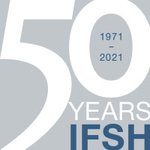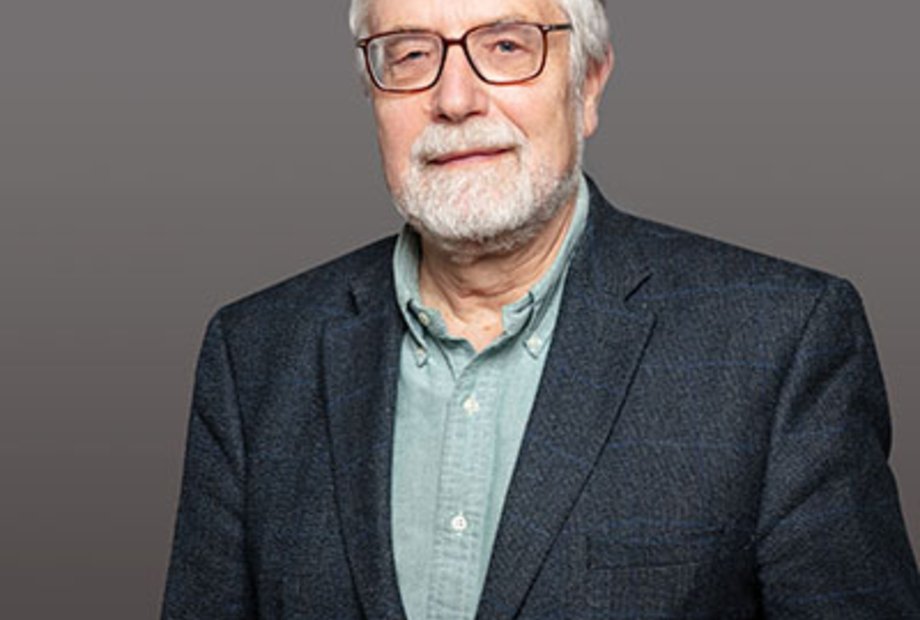Why Did the Hoped-for Peace Dividend Not Materialise in the 1990s?

Professor Dr Michael Brzoska explicates why even today that the Cold War is over, Peace Research is more topical and necessary than ever:
Following the peaceful end of the Cold War in 1989/90, hopes for an end to the arms race, militarisation and war could hardly have been higher. The formerly opposing parties in the East and the West signed several disarmament treaties, such as the CFE Treaty (Treaty on Conventional Armed Forces in Europe) and the Biological and Toxin Weapons Convention (BTWC). Military spending by the primary Cold War adversaries fell by a third.
But by the mid-1990s, the process had stalled. This was followed by a prolonged phase of growing mistrust, while at the same time the will to improve relations was expressed by all sides. Confrontation has prevailed since at least 2014 with the war in eastern Ukraine and the Russian annexation of Crimea.
How could it come to this? Why was the attractive combination of an end to the danger of an internecine nuclear war and a major savings in state budgets not sufficient to prevent a relapse into the old conflict constellation between Russia and the West?
The answers to this question vary widely. In the West, people complain that Russia has become increasingly authoritarian and aggressive, both domestically and towards its neighbours. Instead of behaving in a manner commensurate with its economic power – which is equal to that of Italy – Russia is exhibiting the behaviour of a military superpower. In Russia, in turn, reference is made to NATO – which, unlike its eastern counterpart, the Warsaw Pact, was not dissolved after the end of the Cold War – moving increasingly closer to the Russian border. Moreover, the United States would have used a period of Russian weakness to try to impose its interests and political ideas by force in many places around the world.
The peace dividend of the early 1990s thus quickly fizzled out because it was used neither economically nor politically in a meaningful way. Economically, it was mainly the strongest economies that benefited. The USA experienced an economic boom. Germany was able to compensate for a good part of the costs of reunification through savings in military expenditures. Russia, on the other hand, experienced a deep economic crisis. The West provided a lot of advice, which rather deepened the crisis in Russia, but hardly any effective help. Politically, the West no longer saw Russia as a serious partner in peace and security.
The field of peace research issued warnings very early on. A proposal for a European peace and security order developed at the IFSH under the direction of Egon Bahr was met with hardly any political resonance, however. The former scientific director of the IFSH, Dieter S. Lutz, warned as early as 1993: “The fact that none of Europe's serious problems can be solved as long as the security question remains unresolved makes the reorganisation of European security an urgent necessity. The existing international organisations have failed to meet this challenge.”
From a peace research perspective, there is no satisfaction to be had in having its critical assessment proved right. On the contrary, the déjà vu, the current return to the conflict structure of the Cold War, is a disappointment but also an incentive. It remains the task of peace research to analyse the dangers of conflict and to make scientifically sound proposals for security policy.





